Covid: Lack of domestic abuse support 'will lead to deaths', charities warn
- Published
"He would push, shove and kick me out of bed"
"It was a massive step - it was scary. I thought the little one could be taken away from me."
When Beth sought help to flee her abusive partner before the first lockdown in March, she and her daughter were placed in a women's refuge.
But she fears women in that situation today might not get that as domestic abuse services warn a lack of capacity will lead to more people dying.
The Welsh Government said £1.3m had been spent to help accommodate victims.
Domestic violence services say they have struggled to cope with a surge in referrals since schools reopened in September, with many cases previously going unreported.
Charities NSPCC Cymru and Welsh Women's Aid say support services for children in Wales were already "sparse" and "underfunded", with people relying on a "postcode lottery".
'Becoming physical'
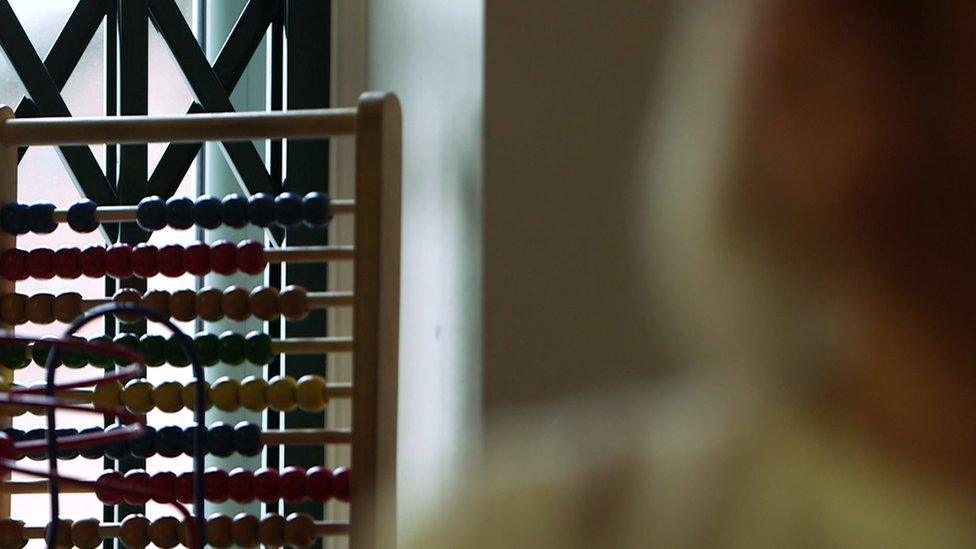
Beth says her 11-year-old daughter started "hearing and seeing" the abuse she was being subjected to
"He was accusing me of sleeping with other people while I was working," said Beth, which is not her real name and is being used to protect her identity.
"He would say I wasn't a fit enough mother to look after his daughter. It was then becoming physical.
"He began to push me, shove me, kick me out of the bed. One day I had a bottle of Coke poured over my head because I was accused of not calling him when his food was ready.
"It was having an impact on the little one, she was hearing and seeing things."
Beth, from south Wales, managed to flee and spent the next eight months living in a women's refuge with her 11-year-old daughter, who has complex needs.
Beth said she finally decided to call for help after her mother threatened to ring social services - but she had to wait for her partner to leave for work and her daughter to go to school.
She said making that initial phone call was the most difficult step.
Coronavirus and domestic abuse: "You’re with each other 24/7"
"It's the not knowing where you're going to go after that phone call, who's at the end of the phone and who's going to help you," she explained.
Beth said social services managed to find her a refuge before she went to pick her daughter up from school that day.
"[My daughter] was all questions about why I hadn't brought my own car to pick her up," she recalled.
"I explained that we weren't going home and I remember her saying to me: 'We'll be ok now and we'll be safe, because daddy can't shout and do anything now can he?'"
'We're really struggling'
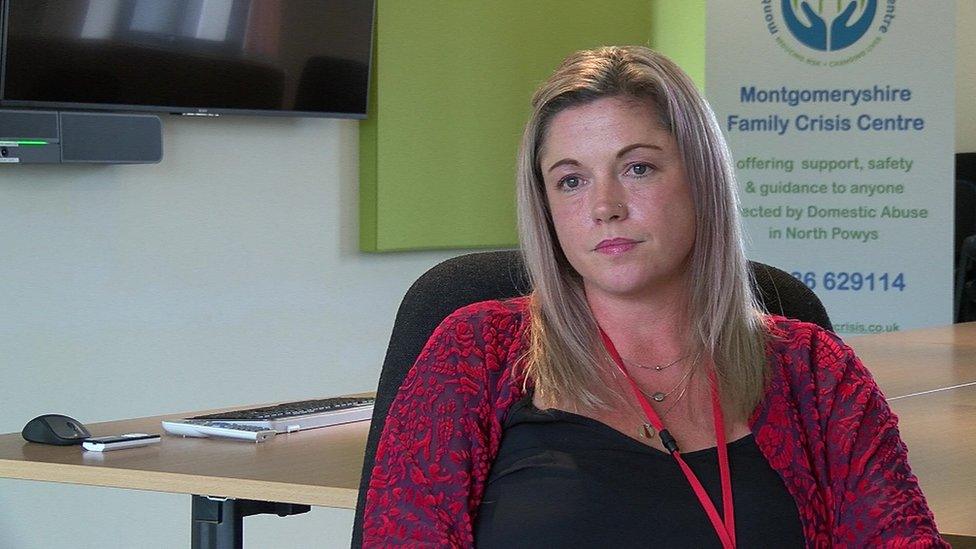
Kate Annison says her service has had to introduce waiting lists for the first time in her career
A domestic abuse service in Powys says it has had to put a waiting list in place after a "huge surge" in cases, and feared the worst for those they could not support.
"We're really struggling with referrals and for the first time in my career, we've had to introduce a waiting list," said Kate Annison, who runs the children's service at Montgomeryshire Family Crisis Centre in Newtown.
She said referrals had more than doubled between August and October compared to last year, adding that children's support services often reveal more about the scale of the abuse taking place.
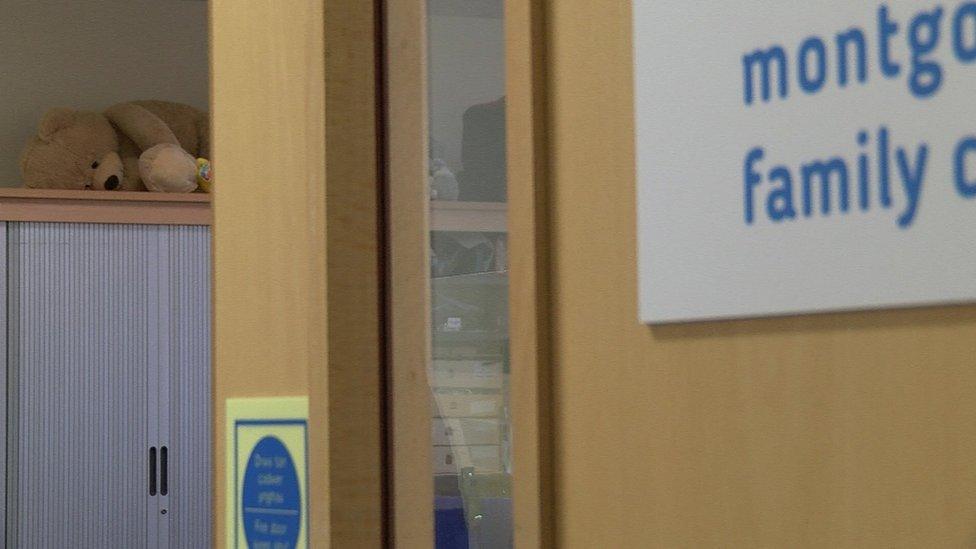
"Making people wait even a short amount of time could mean that they get hurt really badly," says Ms Annison
"The children are disclosing a lot of things that were happening over the previous lockdown or are still happening. There's been a huge surge in cases," Ms Annison said.
"We've had to put six people on the waiting list for support so far - that's four families.
"Making people wait even a short amount of time could mean that they get hurt really badly. These decisions we're making could ultimately result in a death."
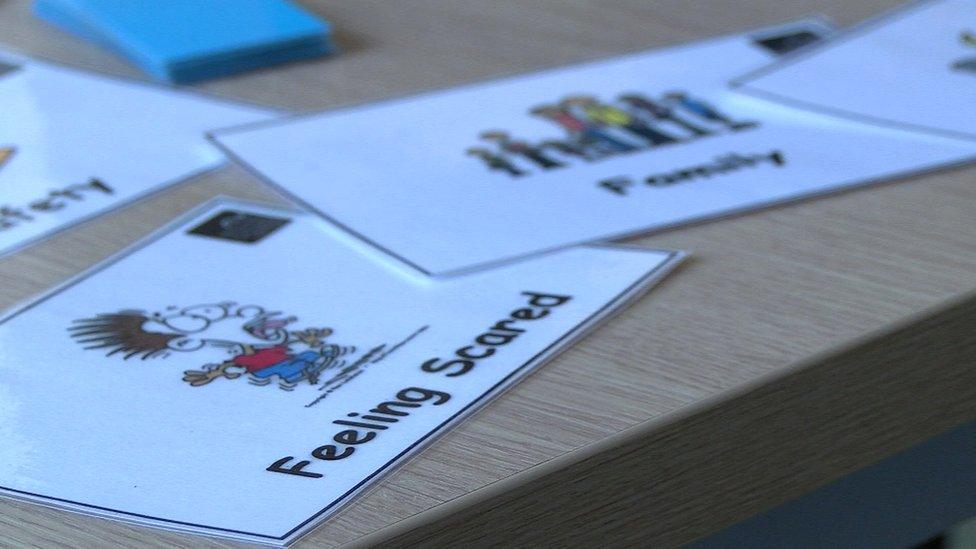
Children's support services often reveal more about the scale of the abuse taking place, Ms Annison says
She said her team were already aware of a case where a family member died after being told there was not enough space in any refuges.
"We know they tried a few different services in a few different areas but failed to find any space," she said.
"Unfortunately, they then pulled out of trying to find somewhere and there was a fatality in that family.
"That victim was asking for support at the time they were able to, potentially when the perpetrator was not around.
"If we'd have had the capacity as a nation to put them into refuge then they would be safe now. Unfortunately, due to the lack of capacity, there is somebody who's died and young people are in care."
'People will lose their lives'
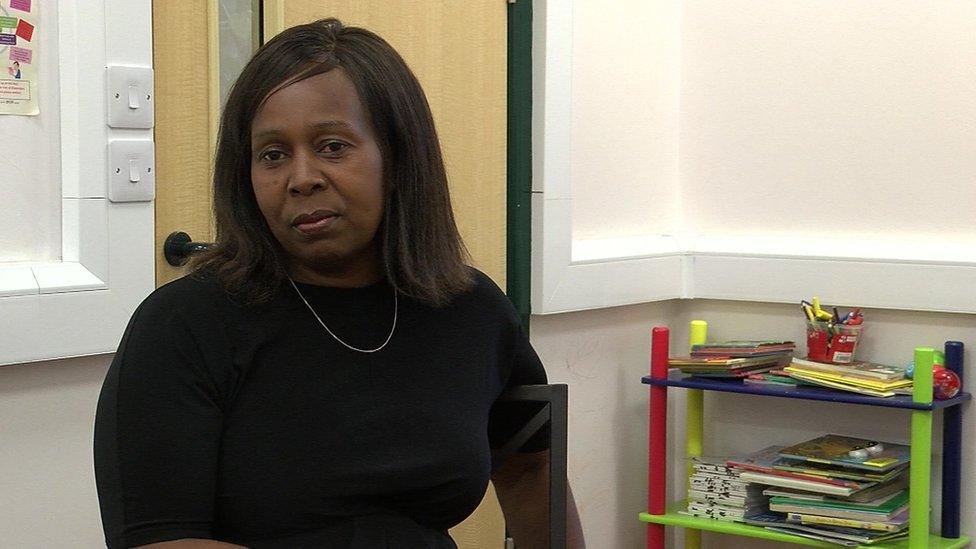
The pressure on services "will result in people losing their lives," says Angelina Rodriques
Both NSPCC Cymru and Welsh Women's Aid said many services were underfunded and relied on charitable donations and grants to get by.
"What the pandemic has done has just exacerbated something that was struggling already," said Angelina Rodriques, of the Atal Y Fro refuge and support service in the Vale of Glamorgan.
"If a service hasn't got the finances or the resources, then all you're doing is holding women and children on waiting lists.
"Referrals are coming in every day and you can't keep up. We're doing the best that we can in this situation, but we're missing loads of people around the Vale of Glamorgan.
"It will result in people losing their lives, because they can't get the support at that time."
Despite now feeling safe, Beth said she feared the long-term impact of the pandemic on victims of domestic abuse.
"I think it will be 100 times more difficult to reach out to those services now," she explained.
"If I was in the same position in March or April then I don't think I would have got out, I think I would still be there.
"You need to get out of there before that predator even knows anything about what's going on - you need to get out that door."
A Welsh Government spokeswoman said: "We recognise the extreme pressures facing women fleeing domestic abuse with children.
"This year we have invested over £1.3m for disbursed community accommodation for those for whom refuge might not be the right answer."
She added it had provided local authorities with £50m for housing support, including for those fleeing domestic abuse, as well as other grants, guidance and training.
If you have been affected by the issues raised in this story, visit BBC Action Line for information on the support available.
- Published24 September 2020

- Published23 July 2020
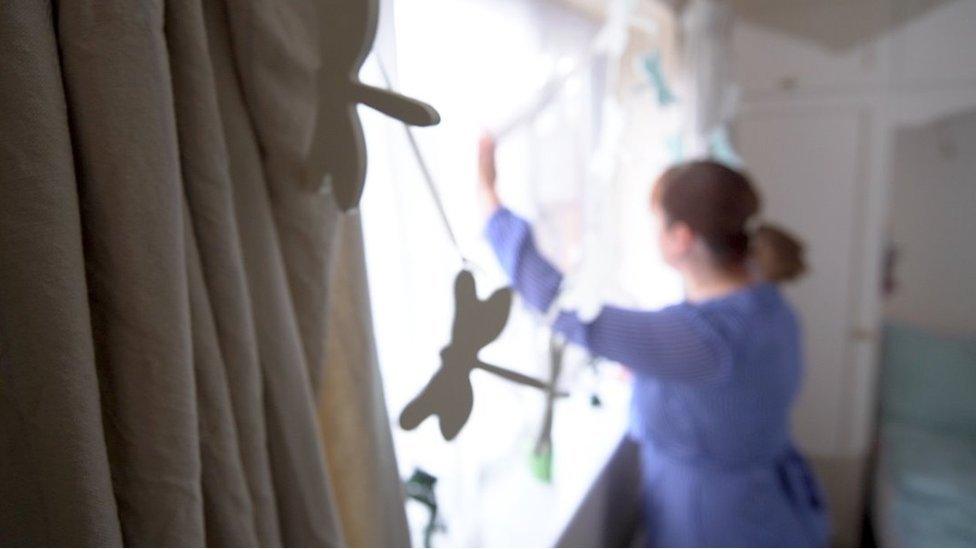
- Published28 May 2020
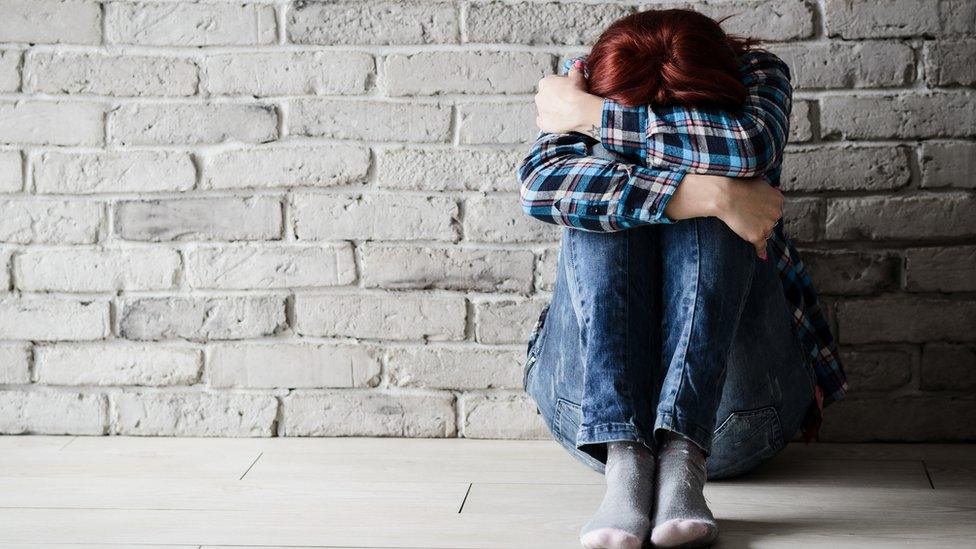
- Published27 May 2020
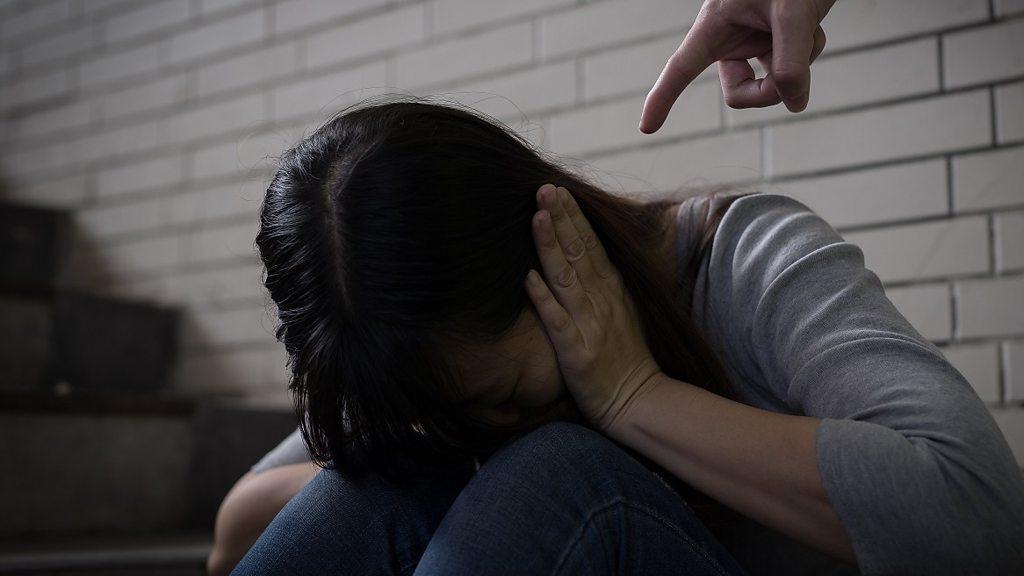
- Published7 May 2020
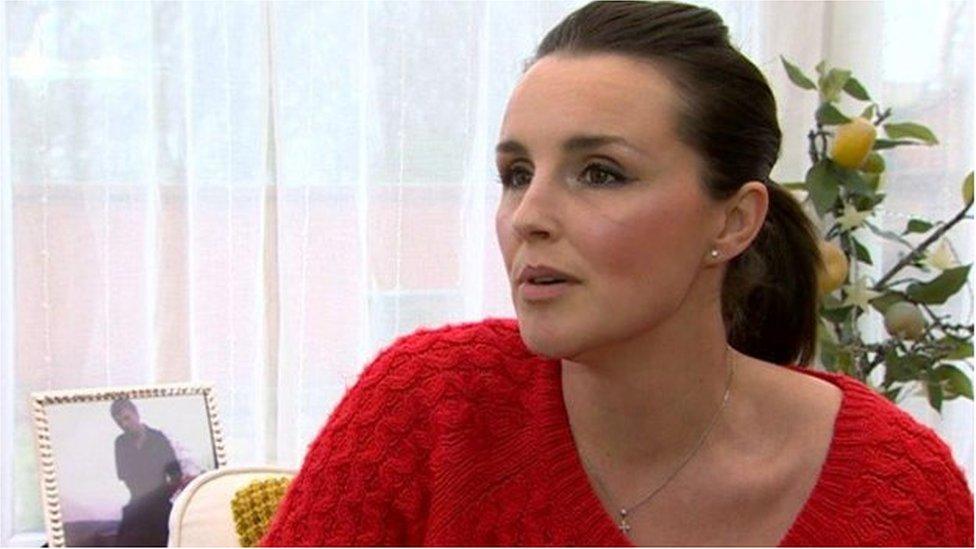
- Published22 April 2020
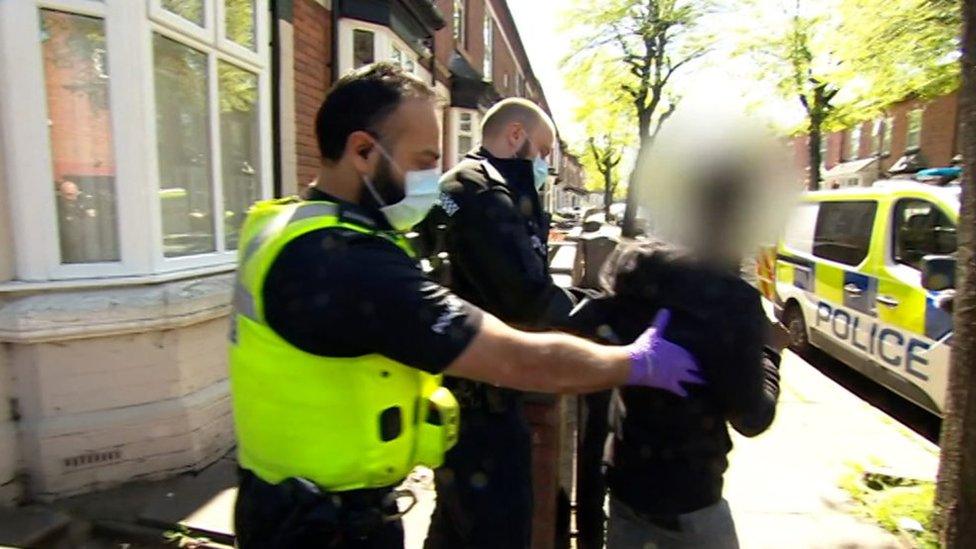
- Published30 March 2020
